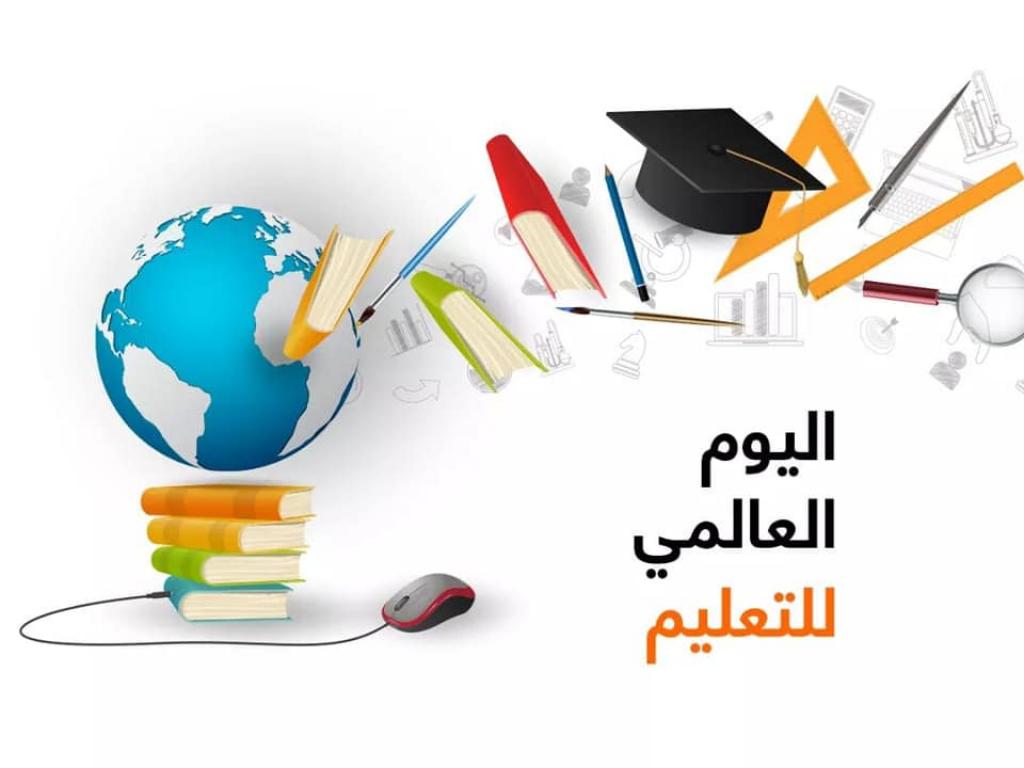1 February، 2021
The human right to education _ College of law

1 February، 2021
The human right to education _ College of law




ruaahukmat2025-12-15T07:17:47+00:0015/12/2025|
ruaahukmat2025-12-15T07:15:33+00:0015/12/2025|
ruaahukmat2025-12-15T07:13:29+00:0015/12/2025|
ruaahukmat2025-12-15T07:11:03+00:0015/12/2025|
ruaahukmat2025-12-15T07:08:45+00:0015/12/2025|
ruaahukmat2025-12-15T07:07:00+00:0015/12/2025|
ruaahukmat2025-10-19T05:11:13+00:0019/10/2025|
ruaahukmat2025-10-01T08:31:07+00:0001/10/2025|
ruaahukmat2025-12-15T07:15:33+00:0015/12/2025|
ruaahukmat2025-12-15T07:13:29+00:0015/12/2025|
ruaahukmat2025-12-15T07:07:00+00:0015/12/2025|
ruaahukmat2025-12-14T08:29:27+00:0014/12/2025|
ruaahukmat2025-12-08T08:40:36+00:0008/12/2025|
ruaahukmat2025-12-07T08:37:59+00:0007/12/2025|
Al Majmoaa Street
Postal Code : 41002
Mosul – Iraq
All Rights Reserved for University of Mosul - 2025